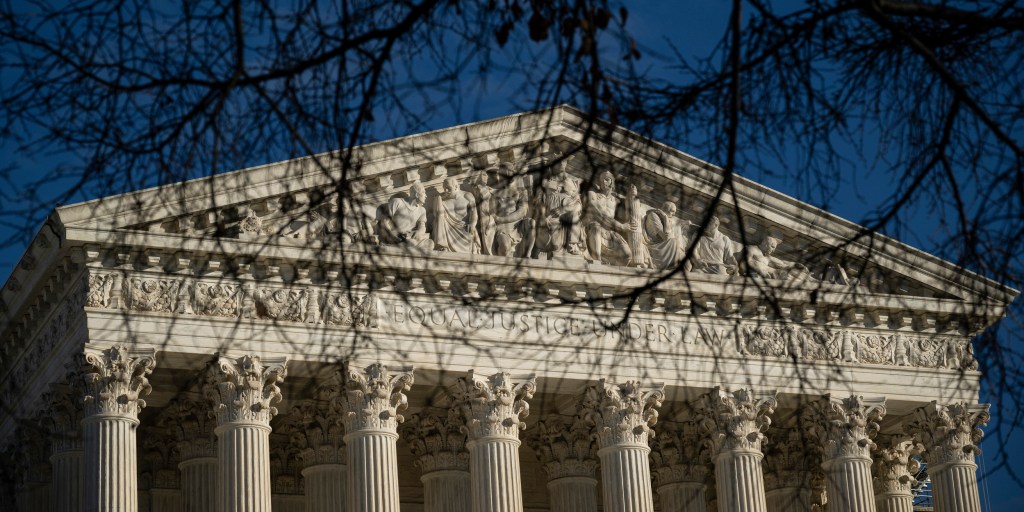Faith, Education, and the Court: Supreme Court Weighs Landmark Religious Charter School Case

In a pivotal legal moment, the Supreme Court is poised to potentially expand religious freedoms, with only eight justices deliberating on a landmark case that could reshape the intersection of religious rights and public policy. The court's current composition sets the stage for a nuanced and potentially groundbreaking decision that could have far-reaching implications for religious liberty in the United States.
As the justices carefully weigh the arguments, legal experts are watching closely to see how this reduced court might approach a complex issue that balances constitutional protections with contemporary social challenges. The case represents a critical opportunity to clarify the extent of religious accommodations in modern American society, potentially setting a precedent that could influence religious rights for years to come.
The deliberation highlights the delicate balance between individual religious freedoms and broader societal considerations, promising a decision that could significantly impact how religious rights are interpreted and protected under the law.
